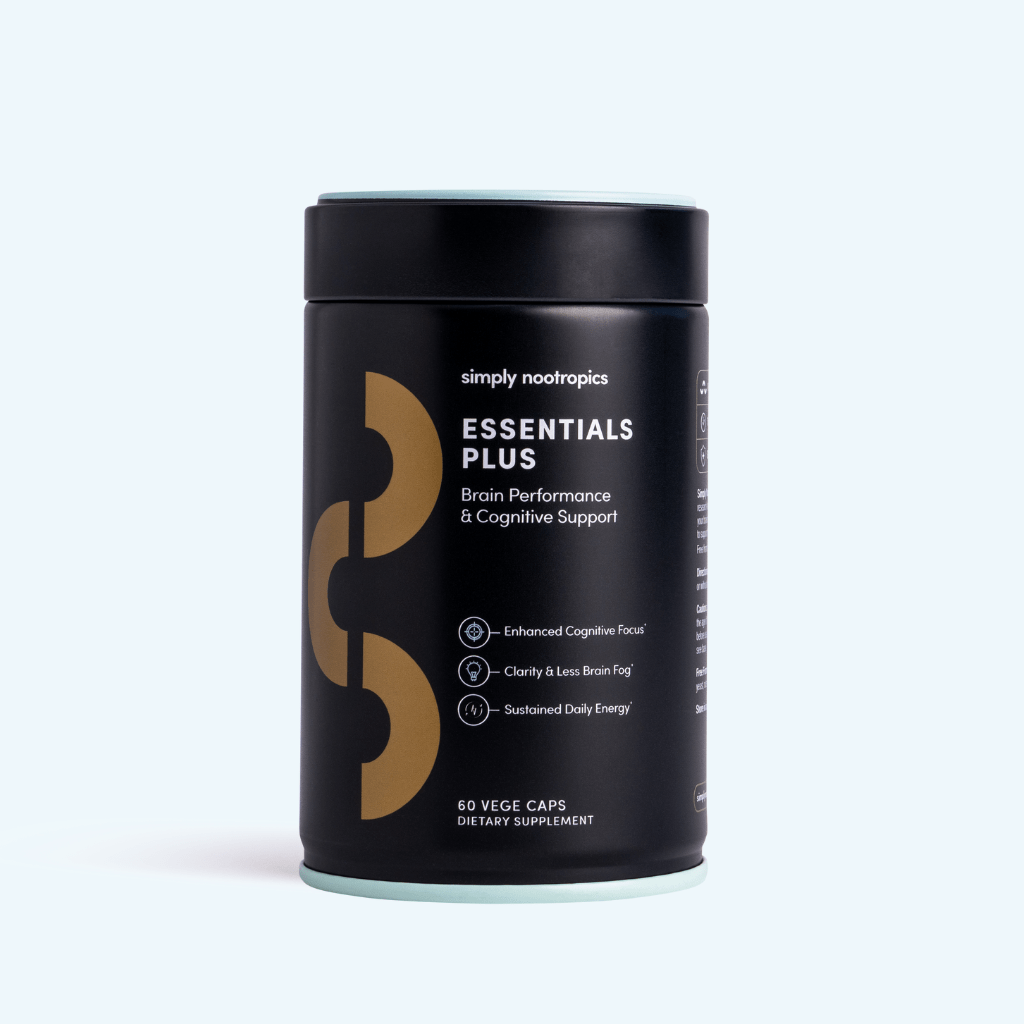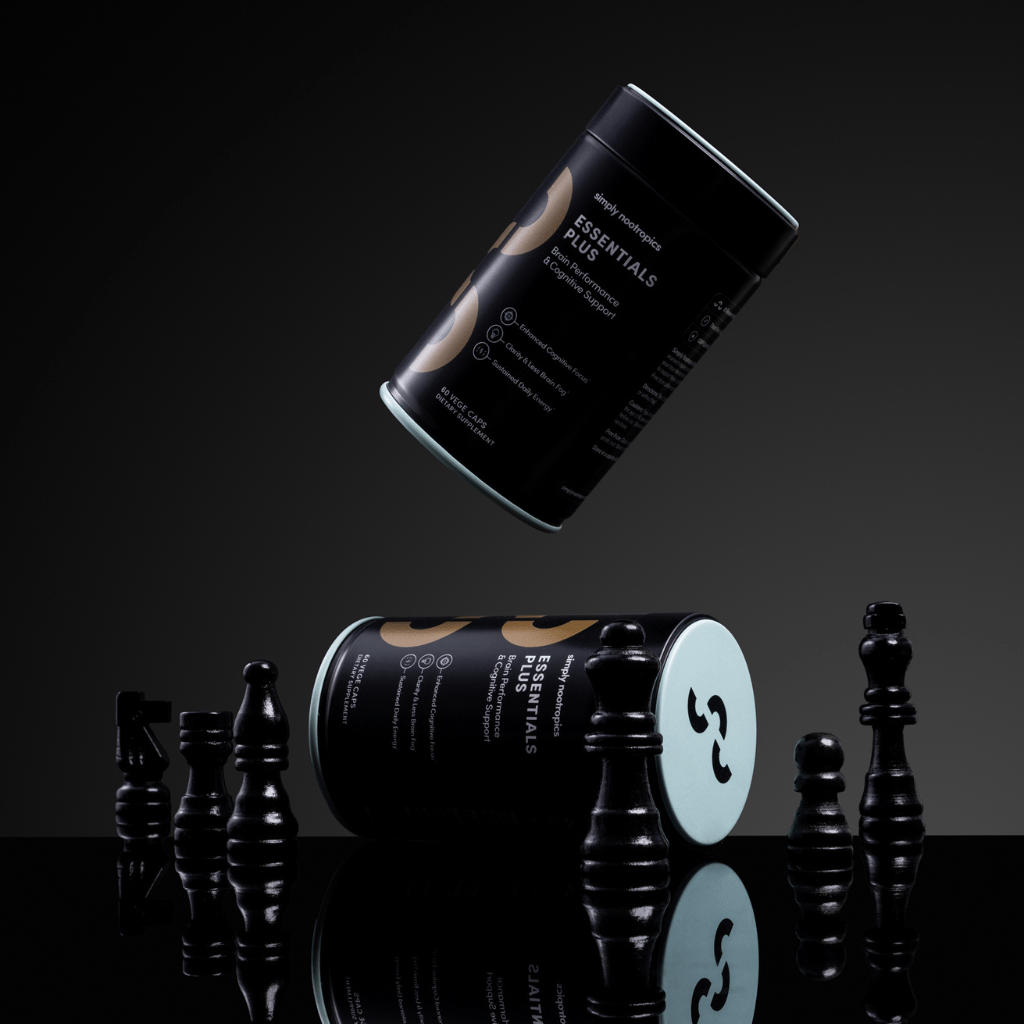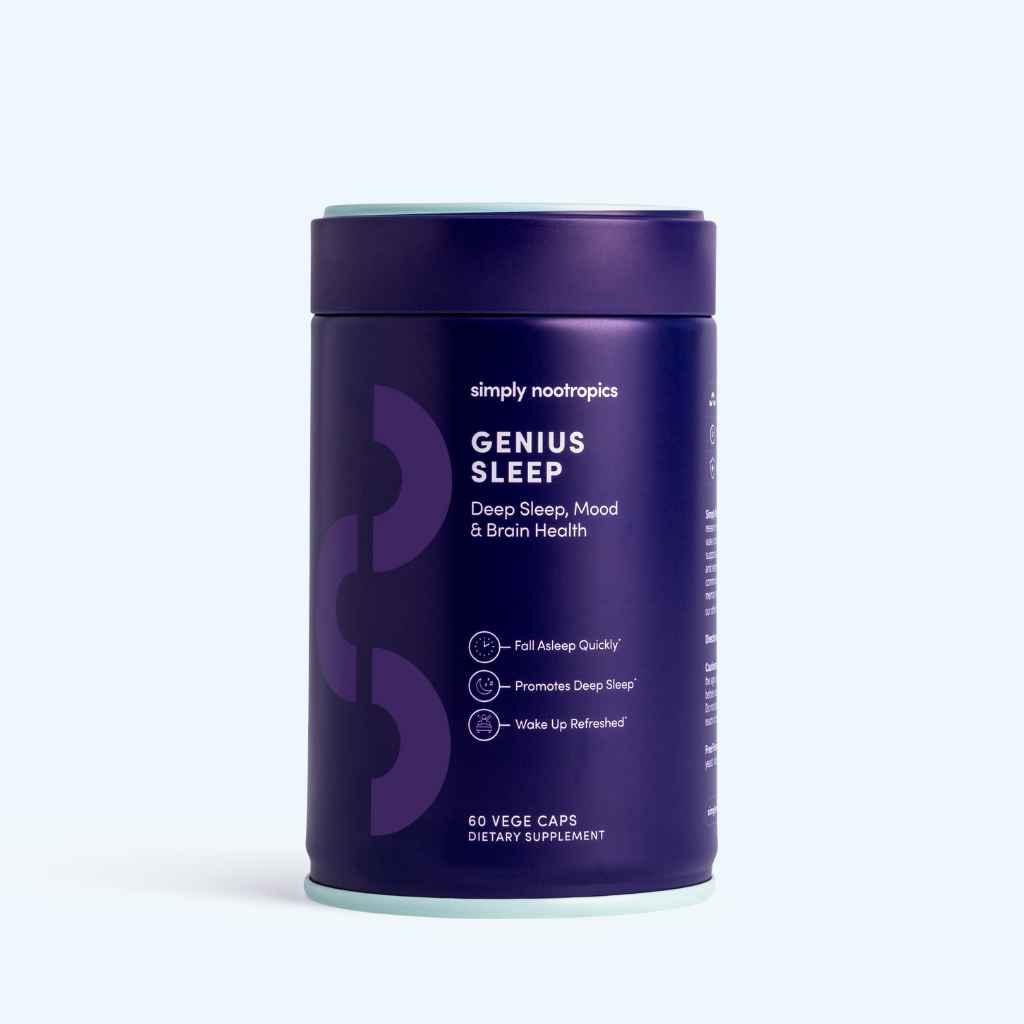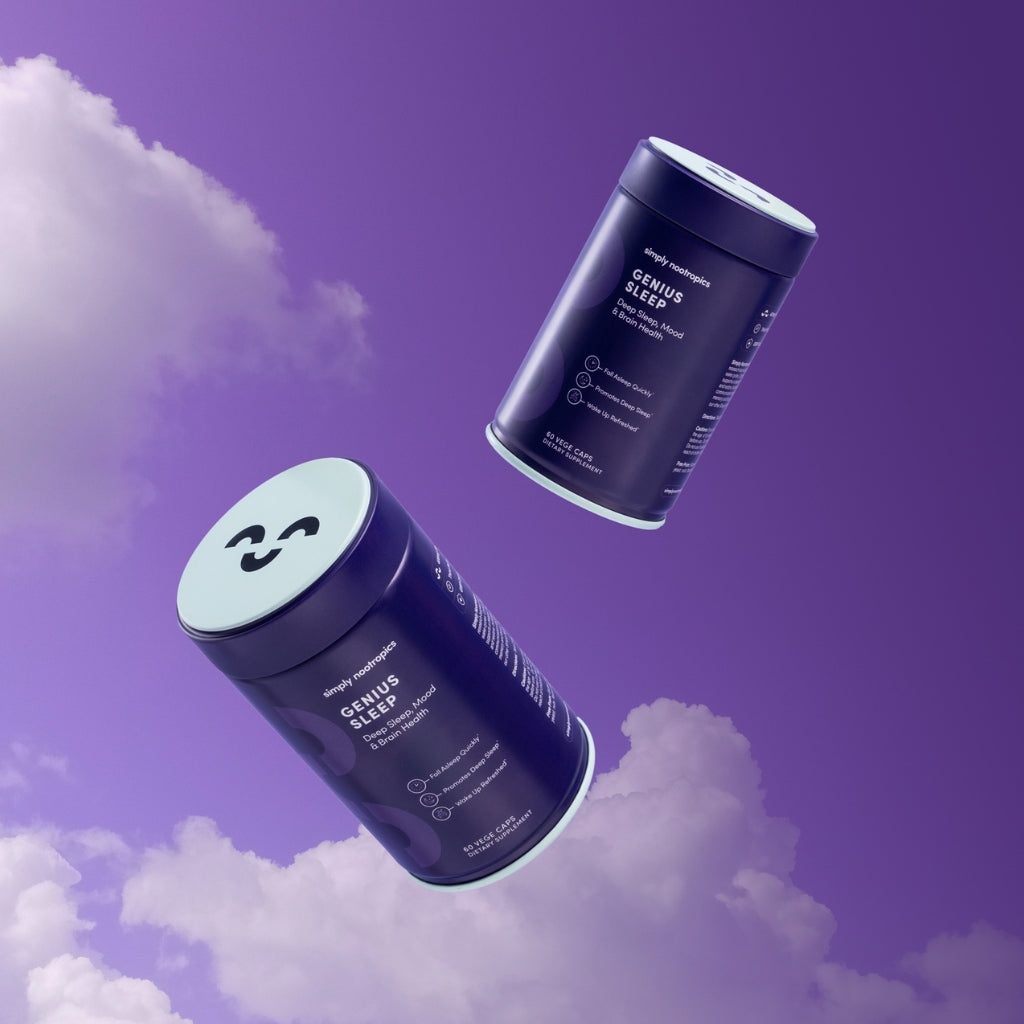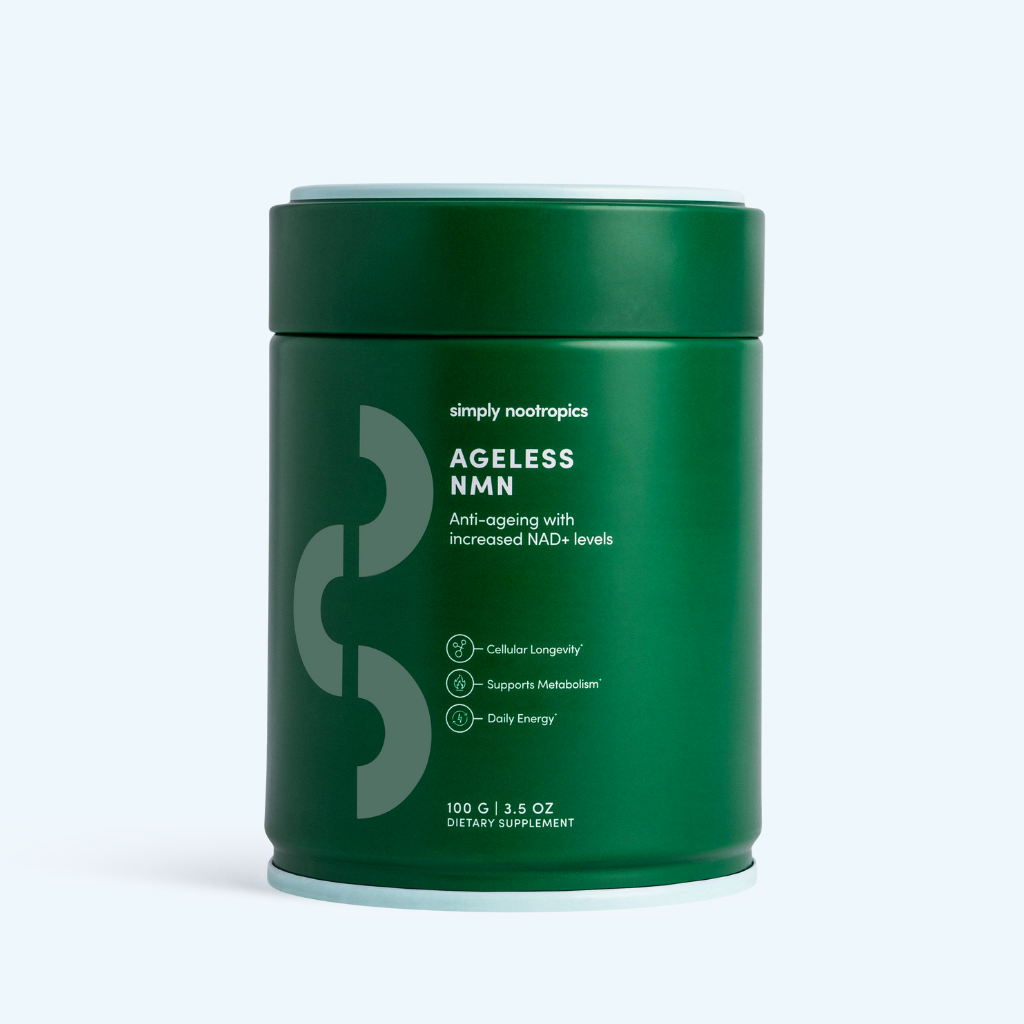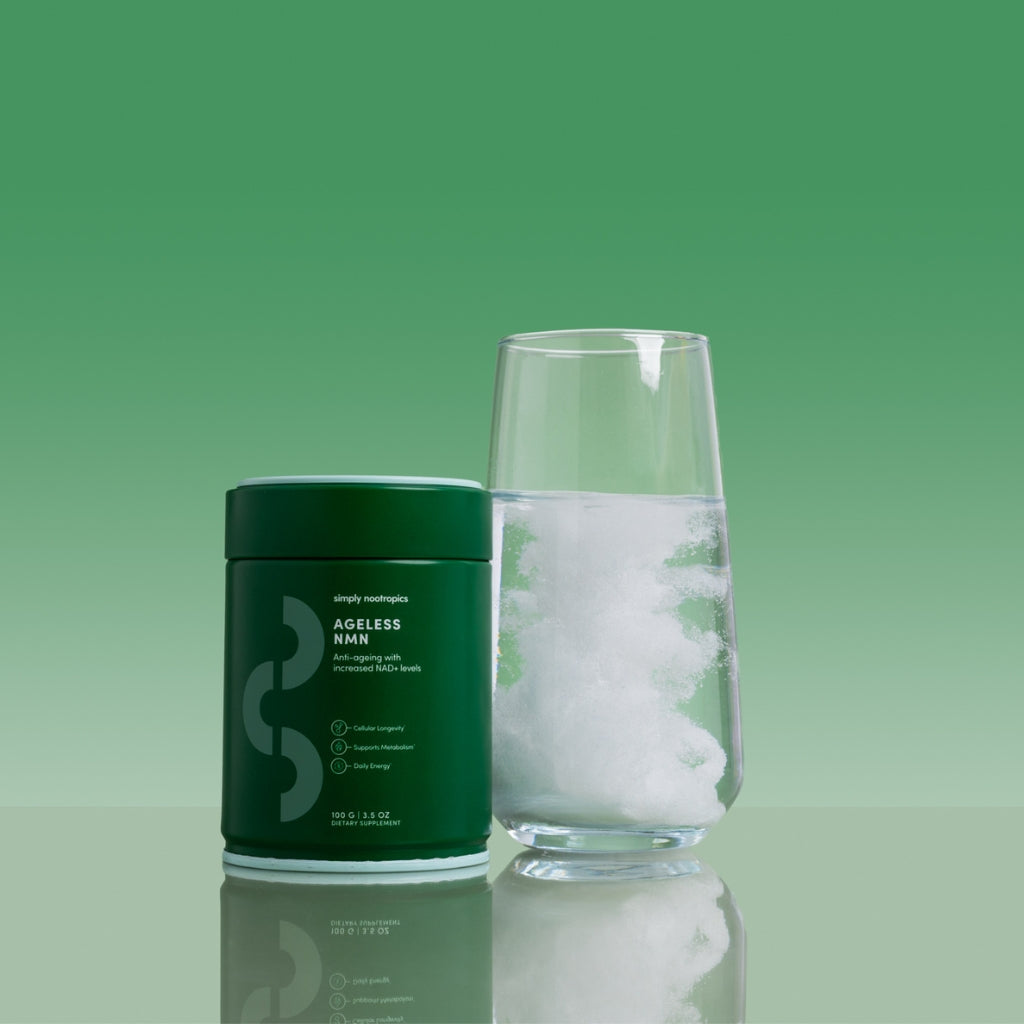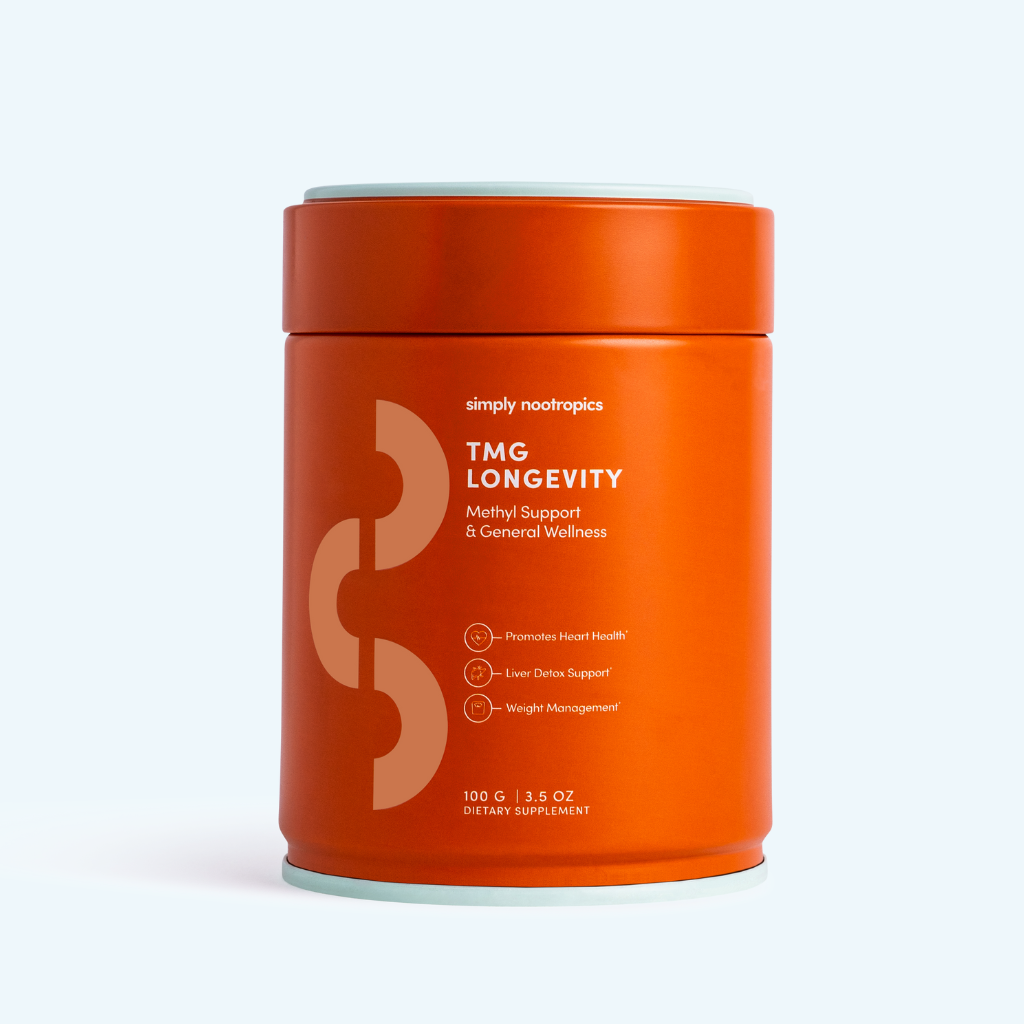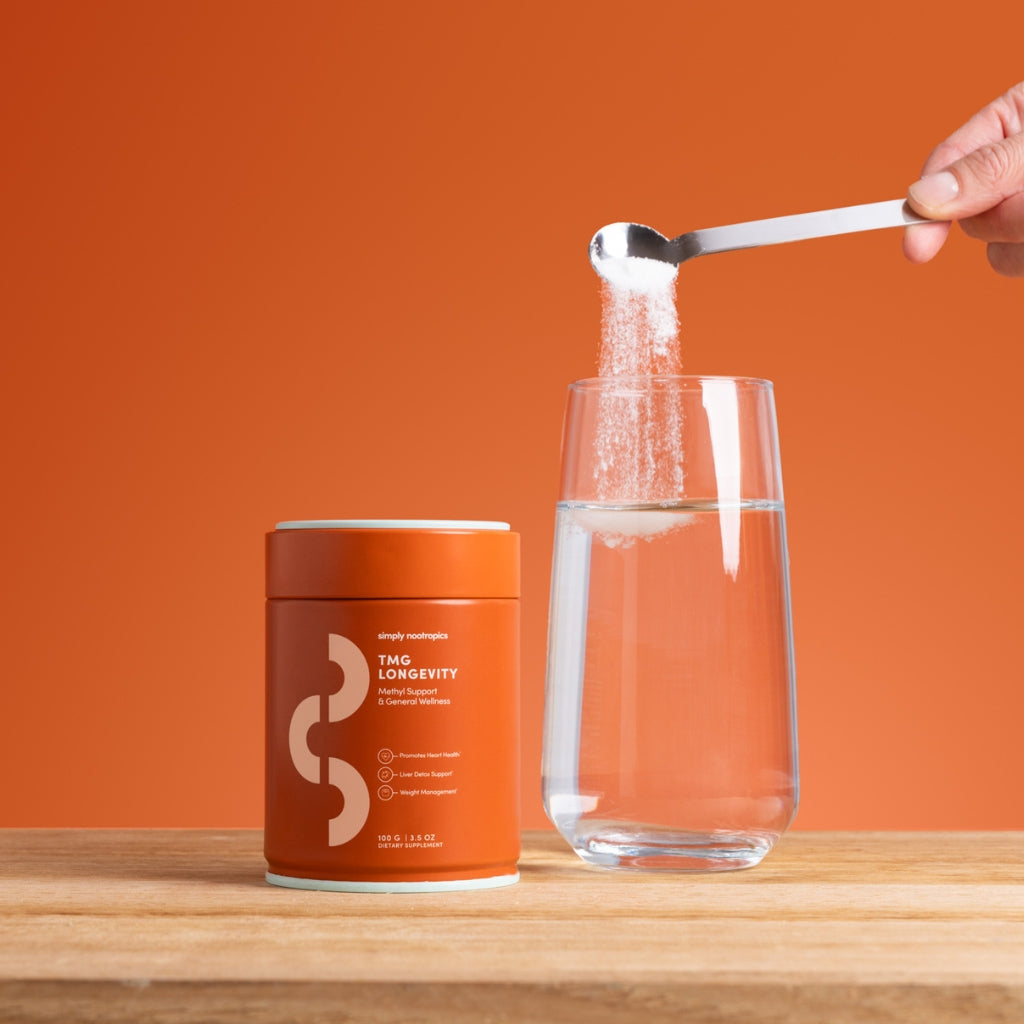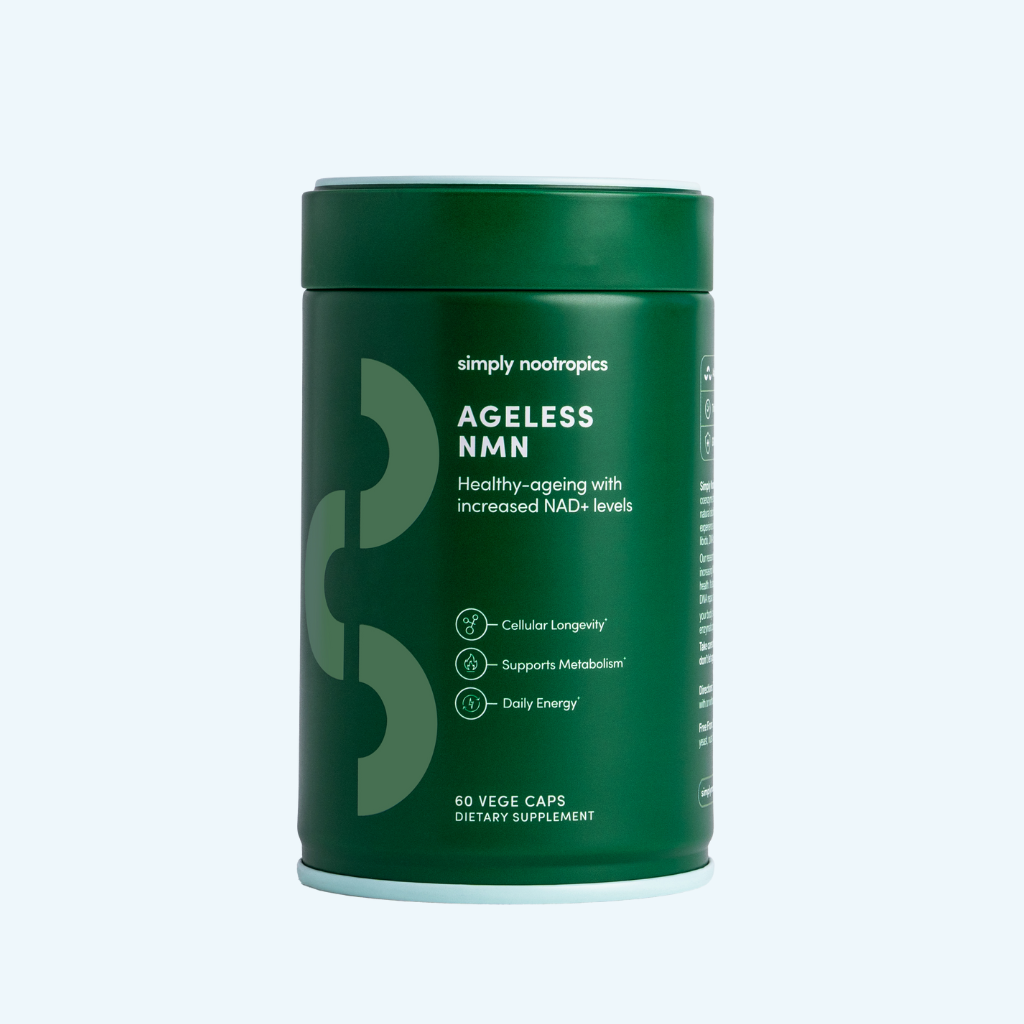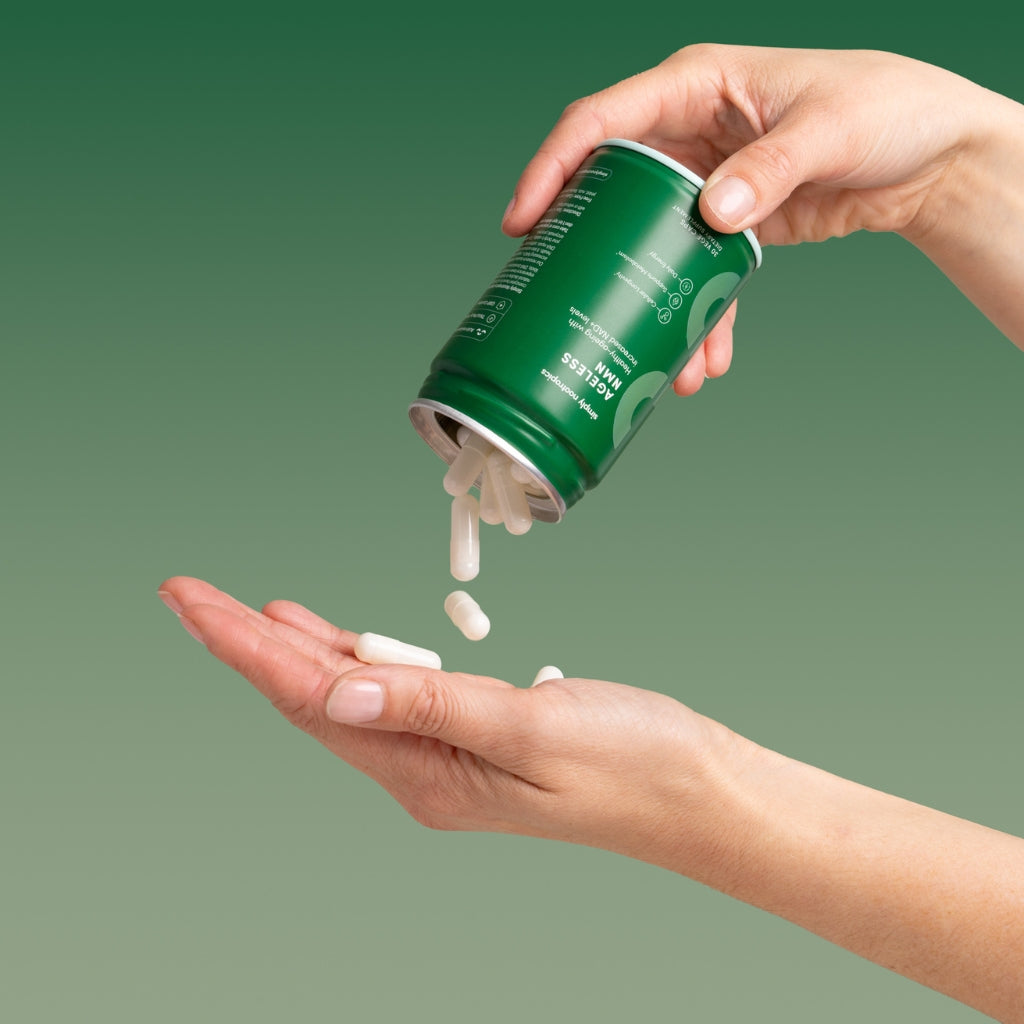This month, we’re looking at the systems behind the science: who funds the future of health, how we forecast biological (and global) risk, and the real-world impact of the food on your plate.
In the world of longevity, details matter. That includes not only the biomarkers and breakthrough trials but also the day-to-day inputs that shape your trajectory, like what you eat, how you move, and whether your body’s actually getting the building blocks it needs to rebuild, repair, and stay strong as the decades pass.
-
Longevity Is the New Frontier for Capital
The longevity movement has long been driven by science and idealism, but now, investment capital is catching up. This August, the 2060 Longevity Forum in Aix-en-Provence will gather the world’s sharpest minds in biotech, regenerative medicine, and age reversal, not to theorise, but to fund.
The event is shaping up to be a who’s who of the longevity world. What sets it apart is its practical, future-facing ambition: to align early-stage startups, translational researchers, and visionary investors around one unifying idea, treating ageing as something we can actively slow, repair, and even reverse.
Topics will range from cellular reprogramming and senolytics to advanced diagnostics and gene therapies, with a strong emphasis on real-world application and scalable impact. But this isn’t just about extending lifespan for the ultra-wealthy. Forum founder Jonathan Loesberg has framed it as an opportunity to fund “science that serves billions.”
The forum’s timing couldn’t be more relevant. With breakthroughs in gene editing, AI-led drug discovery, and biomarkers of biological age now hitting proof-of-concept stages, the conversation is shifting from ‘what if’ to ‘what now.’
In short: if healthspan is the next global market, longevity is no longer niche. It’s investable.
-
Muscle Without Meat? The Science Says Yes
For anyone who’s been told that you need steak to build strength, there’s now fresh science to say otherwise. A new study has found that plant-based diets can support muscle growth just as effectively as omnivorous diets, as long as total protein intake remains high.
In a 12-week trial, participants followed resistance training protocols while eating either plant- or mixed-protein diets. The results? Comparable gains in muscle size and strength across both groups.
This isn’t entirely new, it’s well established that plant proteins like soy, pea, and even certain grains provide all the essential amino acids. What this study adds is real-world validation for people who want to build or maintain muscle on a plant-forward diet.
There’s also a broader implication: muscle health is a key pillar of healthy ageing. From metabolic regulation to mobility, strength is a longevity asset, and one that doesn’t have to come at the cost of heavy meat consumption.
Still, plant-based athletes should be strategic. The study highlights the importance of total daily intake, meaning those relying on plants need to eat enough, combine sources, and support recovery, especially if training frequently.
That’s where thoughtful supplementation comes in. Products like hydrolysed collagen peptides can help with joint and muscle support, alongside NR (nicotinamide riboside) for cellular energy. It’s ideal for adding to a plant-based smoothie or post-workout drink, especially for those who want to train well and recover better, without relying on animal protein.
-
Rethinking Pandemic Modelling: What We Got Wrong
Pandemic forecasting has often felt like weather prediction, except with much higher stakes and far fewer certainties. Now, a new analysis is calling for a fundamental shift in how we approach public health modelling.
The study examined the failures of COVID-era forecasting and found that many predictive models, though built on sound maths, were based on incomplete data, overly narrow assumptions, or falsely confident timeframes. In other words, the models didn’t fail because the science was bad; they failed because the inputs were unstable and the systems too complex to boil down to single-point forecasts.
The researchers suggest a solution: ensemble modelling, an approach borrowed from meteorology that uses a collection of models with varying assumptions to offer a range of likely outcomes, rather than a single “prediction.”
What’s more, they call for greater transparency in how models are built, tested, and communicated. During the pandemic, a major problem wasn’t just uncertainty, it was overconfidence presented as certainty. And that, they argue, eroded public trust.
For the longevity community, this matters. Predicting biological age trajectories, disease risk, or response to interventions all involve modelling. The lesson here? We need better tools, better data, and more humility when talking about the future of health.
-
High-Protein Fruits? Yes, They Exist
Fruits aren’t known for being protein-rich, but some do punch above their weight. Actually, several varieties offer a surprisingly useful protein boost, especially for those on plant-based or whole-food diets.
Top of the list? Guava, delivering over 4 grams of protein per cup. Also notable: avocados, jackfruit, kiwis, and apricots, each offering between 2–3 grams per serving.
While these aren’t replacements for core protein sources, they’re a helpful add-on, particularly for supporting collagen synthesis, enzyme function, and post-workout recovery. They also come with fibre, antioxidants, and polyphenols that animal proteins simply don’t.
If you’re building a longevity-focused plate, it’s a reminder that every gram adds up, and that protein diversity matters.
Pair these fruits with something functional, like a collagen supplement, a spoonful of chia, or a protein-rich yoghurt, and you’ve got a recovery snack that supports strength, gut health, and skin.
Longevity Tip of the Week
Evenly distribute your protein. Research shows that protein spacing throughout the day may help maintain muscle mass, especially as you age. Don’t wait until dinner: aim for 20–30 grams at each meal to support metabolic stability and strength over time.
And remember, recovery doesn’t stop when the workout ends. If you’re on a plant-based diet, or simply want to support joint and muscle resilience, Vital Beauty offers targeted support in one scoop.
Formulated with:
-
Hydrolysed collagen peptides to assist tissue repair and recovery
-
Vitamin C and E to boost collagen synthesis and defend against oxidative stress
-
NR (nicotinamide riboside) to promote NAD+ levels and cellular energy
-
Flavour options that work with your real-life routine: mixed berry, mango passion, and unflavoured for seamless smoothie stacking
If you’re building muscle, maintaining strength, or simply taking care of the structures that keep you moving, this is collagen that works as hard as you do.



